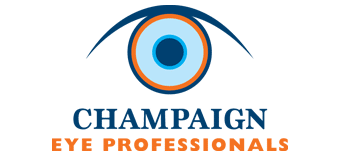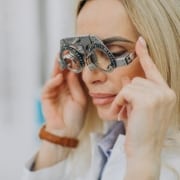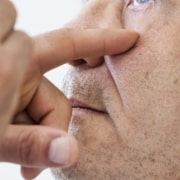Why Prescription Sunglasses are a Must for Vision and Eye Health
If you have a prescription for eyeglasses, consider getting prescription sunglasses to go with them. There are multiple benefits of prescription sunglasses that the team at Champaign Eye Professionals wants you to know. Here are some of them.
Adding UV Protection
Even if you don’t feel uncomfortable in the sunlight, your eyes can be damaged by UV rays. Prescription sunglasses that you order from your Champaign eye doctor will protect your eyes. They also protect the skin around your eyes from damage due to UV ray protection.
Limiting Eye Strain
When you don’t wear sunglasses, your eyes may face strain from the sun and the glare it creates. You will find less eye strain when you add prescription sunglasses to your eyecare toolbox. You can spend the entire day out in the sun without getting a headache or pain in your eyes.
Lessening Risk of Eye Disease
Did you know your eyes can get sunburned? This condition, known as photokeratitis, is serious and can impact your eyesight for life, increasing the risk of other eye diseases. Sunglasses reduce that risk, and they can also lessen the risk of cataracts, macular degeneration, or retinal deterioration.
Keeping Vision Clear
Prescription sunglasses keep your vision clear when you’re outdoors. You won’t be squinting, and you won’t have to take off your prescription glasses to wear regular sunglasses. You will have your prescription and your sun protection all in one place.
Are you in the market for prescription sunglasses? Schedule a visit with Champaign Eye Professionals today to talk to your eye doctor about ordering prescription sunglasses. You can also visit our optical shop to see the attractive frames we have available.










